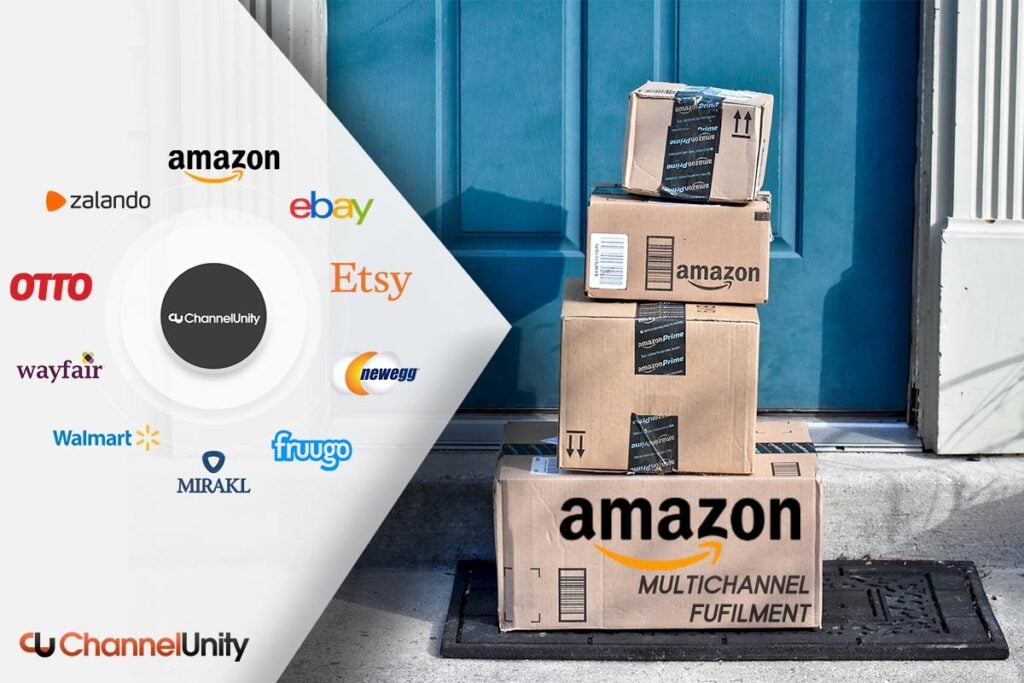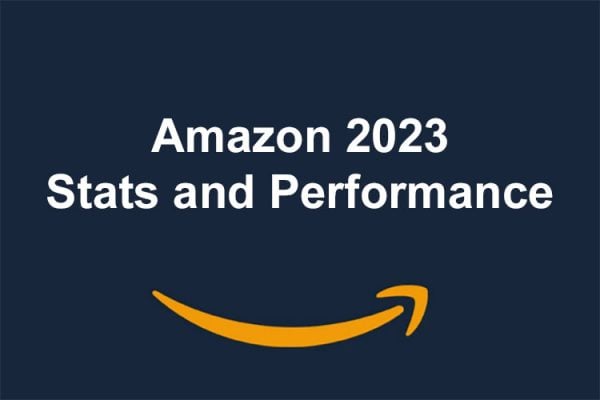In this guest post from ChannelUnity, they discuss how an ecommerce business can utilise Multichannel Fulfilment to support their other marketplace selling within the ChannelUnity system.
If you’re not considering Multichannel Fulfilment (MCF), then you are missing out on a key opportunity for increased marketplace efficiency that ChannelUnity believes will take your account to the next level whilst increasing your rate of selling.
With Amazon MCF, you send inventory directly to an Amazon fulfilment centre for storage and ongoing logistics. When customers purchase products on your website or another third-party sales channel, Amazon receives your orders and picks, packs, and ships them directly to your customers.
With ChannelUnity’s bespoke real time API integrations you can design your MCF strategy to build a streamlined order management process. With less time worrying about order fulfilment, this gives businesses creative time to expand and innovate with their brand in other areas.
How does Amazon Multichannel Fulfilment work?
Amazon allows you to access this function through Seller Central. ChannelUnity use your Amazon seller account and integrates the set-up process with your ChannelUnity account. With iintuitive user design and integration developments, the team incorporates the product data across your account to sync stock inventory.
Stock will be located in the relevant counties Fulfilment Centres with Amazon, so it is just a case of accessing that stock with FBA or third party (alternative channels) orders. The pricing with Multi-Channel Fulfilment is simplified, so that the cost is based according to the size of your product and where you are shipping to.
How can ChannelUnity support their customers with MCF & marketplace integration?
ChannelUnity’s development around multichannel integration functionality allows the seller, to control their product data and stock levels on each of their marketplaces, from their personalised dashboard. As orders come in, ChannelUnity’s API connection brings through the order and passes it to your ecommerce platform e.g. Shopify or BigCommerce with the relevant channel flag.
If the seller is already using Amazon with FBA stock control, then ChannelUnity can enable using MCF to allow the same stock control to support other marketplaces, such as eBay, Zalando, Walmart and more.
How can Fulfilled by Amazon (FBA) benefit your business?
For sellers that currently ship stock from their own location, here is a snapshot of the pros and cons of using Amazon FBA services.
Positives
- Utilising Amazon’s fast delivery network
- Realtime accurate stock levels
- Instant Channel scalability
- Simplified operations.
- Allows for testing of new markets / channels with relatively low investment required
Negatives
- Costs associated to using Amazon service
- Fulfilment centre storage fees
- MCF doesn’t currently cater for all product categories
The simplicity and ease of using Amazon FBA can support a business by streamlining inventory accuracy and pricing. When using a marketplace integration system, the direct setup supports your growth as you develop further into more marketplaces and countries.
When can you start developing Amazon MCF with ChannelUnity?
If you are setup on Amazon and selling with FBA, then you can look to get setup right away! ChannelUnity have developed their bespoke integration process for MCF product stock management across their range of marketplaces and is now actively using it for current customers.
What should you do next?
If having a conversation with an experienced Marketplace professional regarding multi-channel fulfilment appeals, The ChannelUnity team would be more than happy to set up a call to discuss how using an integration partner can benefit your business.
Phone: 0808 208 4230
Email: [email protected]
Website: channelunity.com










